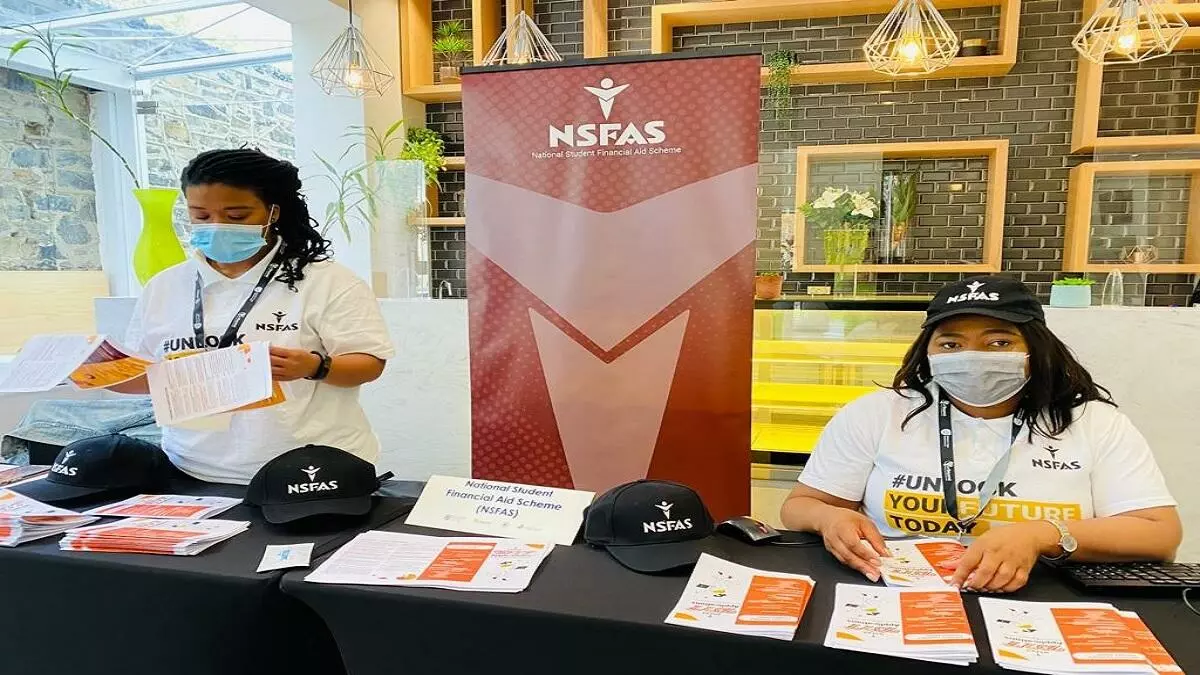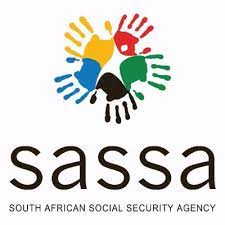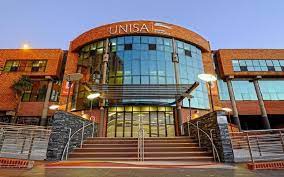If you are a NSFAS applicant or a current recipient of the bursary scheme, then the following proposed policy changes that have been made by the bursary scheme may be of interest to you.
To make student funding more easily accessible to qualifying applicants, the National Student Financial Aid Scheme (NSFAS) has introduced a series of proposed policy changes to how the bursary is disbursed.
Some of the most notable proposed policy changes include a cap of R45 000 on the accommodation allowance for NSFAS students whether in University accommodation or accredited private accommodation or accredited private accommodation.
NSFAS also plans to enter lease negotiations on behalf of students, accredit student housing (without involving universities as is customary), and pay landlords directly. The bursary scheme has also introduced the NSFAS bank card through which students will receive their monthly allowance payout.
This means that once signed in, accommodation providers will be able to list their properties by providing their property names, location and images. NSFAS will then contact them and send a panel of experts to accredit and grade the properties to ensure that they are suitable for student living.
An annual allowance of R24,000 will be given to students who live in urban housing. The annual housing allowance for students living in peri-urban regions is R18,900, whereas the annual housing allowance for students living in rural areas is R15,750.
NSFAS has also launched the student accommodation portal to allow accommodation providers to be taken into consideration for NSFAS-funded students.
Students will also be able to use the portal to log any inquiries or complaints related to the housing they have been assigned, such as maintenance requests and relocation requests. Both privately owned housing and institutionally held housing will be subject to this process.
The bursary scheme has also pointed out that the 2023 university academic eligibility requirements will be implemented as follows:
- First-time entering students must achieve 50% of their registered course credits to gain funding from NSFAS in the next academic term.
- Continuing and returning students must achieve 55% of their registered course credits to continue to be funded by NSFAS for the next academic term
Lastly, the financial assistance agency suggested direct payments to recipients to prevent the ongoing issue of late payments made by institutions, which frequently led to much unrest from students.






